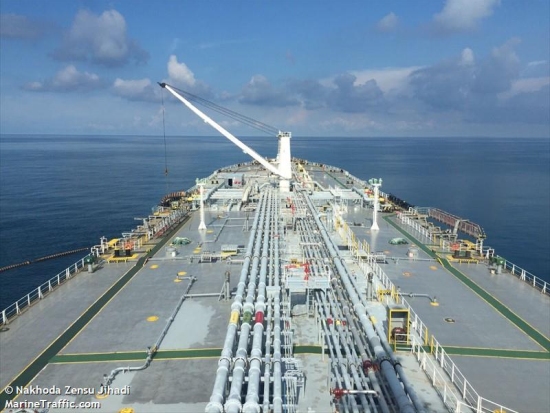The Securities Investors Association of Singapore (SIAS) posed some questions to Rex International regarding its FY19 annual report. The company's responses were uploaded to the SGX website yesterday. Excerpts:
| SIAS: Can management help shareholders understand how its exploration plans for 2020 will be impacted by the depressed prices (of oil)? Rex: As stated in the Letter to Shareholders (page 7 of the Annual Report), the Company will monitor the oil price volatility and apply suitable strategies in its investments and operations following the unprecedented times and volatility of the current oil price.
The Company maintains its views of participating in any new exploration and drilling activities that can bring profitability to the Group. Lime Petroleum AS (“LPA”), the Company’s subsidiary in Norway, will continue to be eligible for 78 per cent cash-back on all exploration expenditures annually under the Norwegian tax system. LPA is expected to participate in only one exploration drilling in the fourth quarter of 2020 in the licences PL263D/E, in which LPA holds 20 per cent interests.  Floating storage and offloading vessel: Bull Papua is a tanker with a storage capacity of 750,000 barrels for oil from the Yumna 1 well. Floating storage and offloading vessel: Bull Papua is a tanker with a storage capacity of 750,000 barrels for oil from the Yumna 1 well. Photo: marinetraffic.com |
||||||||||||||||||
SIAS: The group’s Rex Virtual Drilling (RVD) is widely acknowledged as the main differentiating factor from other oil exploration & production companies. RVD was also credited with the three successful commercial oil discoveries in Oman and Norway over the last few years.
(i) For the benefit of new shareholders, can management clarify on the “false positive” rates of the technology?
Rex: RVD is a multi-attribute seismic analytical tool which studies dispersion events in the seismic data to identify frequencies in the data (page 19 of the Annual Report) associated with the presence of a reservoir and potentially also of liquid hydrocarbons.
|
Proven right |
|
“Over the last few years, the Group has refrained from participating in several farm-in opportunity wells on the basis of negative RVD indications. These wells have subsequently been drilled by other companies and were all proven to be dry." -- Rex International |
As such, the quality of the seismic data is an important factor on the accuracy of RVD analyses.
The false positive rate is therefore a factor of, among others, the seismic quality and therefore the quantification into one number is difficult.
(ii) With the improvements made to RVD since 2013, is management going to improve the documented success rate of 96 per cent for dry-well prediction and 69 per cent for commercial oil find prediction?
Rex: The success rate of 96 per cent for dry-well prediction and 69 per cent for commercial oil find prediction was for a sample size of 41 wells done in 2013.
This data was gathered by a client using RVD.
As such statistical evidence provided by a third-party only serves to validate the Group’s confidence in RVD’s effectiveness, the Group is more focused on improving the RVD technology through research and development over the past few years, in particular, having achieved recent improvements in 2019 to processing speed and results resolution (page 18 of the Annual Report).
(iii) Can management elaborate further on the barriers to offering the RVD service to other offshore oil exploration companies? It would appear that RVD, being an analytical approach, would be an easy-sell to an industry “steeped in” conventional science.
Rex: As stated in the Letter to Shareholders (page 6 of Annual Report), “commercialisation of new technology in any industry that is steeped in tradition and conventional science takes time”, and the same can be said for RVD, a technology that is often seen in the industry to be unconventional.
With further volatility in oil prices, many oil exploration companies are cutting costs and may defer spending on new technology, even though exploration success rate could be enhanced.
Notwithstanding, RVD has been offered as a service to offshore oil exploration companies outside of the Group since 2018 and market response to RVD has been encouraging.






